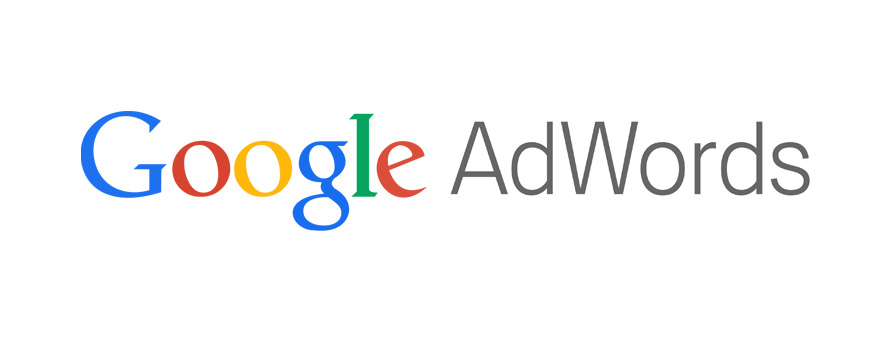AdWords Keyword Research: How You Can Leverage the Buying Cycle to Create Effective Keywords

The buying cycle is the process that consumers go through when making a purchase. During the buying cycle, consumers go through five stages and consider different buying needs at each stage. The five stages and related needs are:
- Awareness: Customer becomes aware of their needs or problems.
- Search: Customer searches for potential solutions to fulfill their needs.
- Evaluate: Customer evaluates different options to fulfill their needs.
- Decide: Customer decides on a solution.
- Evangelize: Customer becomes an active advocate of the product or service.
Because of their specific needs, consumers at each stage of the buying cycle have different search objectives and use different kinds of search keywords to find solutions to their needs. For example, in the Awareness stage, shoppers may use general keyword such as “Vancouver sunglasses” or “Vancouver laptops” to gain general information about the product or service they are seeking.
You can leverage the buying cycle to target your audience more effectively by developing tailored AdWords keywords based on the stages the shoppers are in. Here’s how you can do it:
-
Awareness Stage
In the Awareness Stage, the audience has two main search objectives:
- To look up generic information about a certain topic or industry
- To look up something they have heard about from a friend or from the news about a certain topic or industry
-
Search Stage
In the Search Stage, consumers have three main search objectives:
- To search for potential solutions to a specific problem
- To search for second opinions on an answer to a specific problem
- To search for information on obvious or underlying symptom
-
Evaluate Stage
In the Evaluate Stage, shoppers have two main search objectives:
- To search for answer to a question
- To seek support for a product already purchased
-
Decide Stage
In the decide stage, consumers have four search objectives (the first two are same as the ones from the Evaluate Stage):
- To search for answer to a question
- To seek support for a product already purchased
- To find vendors for a specific product
- To compare prices for a specific product
Hence, you should bid on product names and part numbers-specific keywords so your ads appear so you can attract qualified users with your search ads. -
Evangelize Stage
In the Evangelize Stage, consumers have one search objective:
- To do research on product features
By understanding and leveraging the buying cycle, you can attract shoppers at different stages of the cycle through the development of customized keywords based on the buying stages the audience is in. This advertising effective in helping you push your target audience across the sales funnel and convert them into paying customers and brand advocates.
If you have any questions on defining keywords using the buying cycle, download our P.A.C.E. eBook, register for our monthly P.A.C.E. Digital Marketing Training Workshop, or contact Ray at ray.wang@smartt.com.


